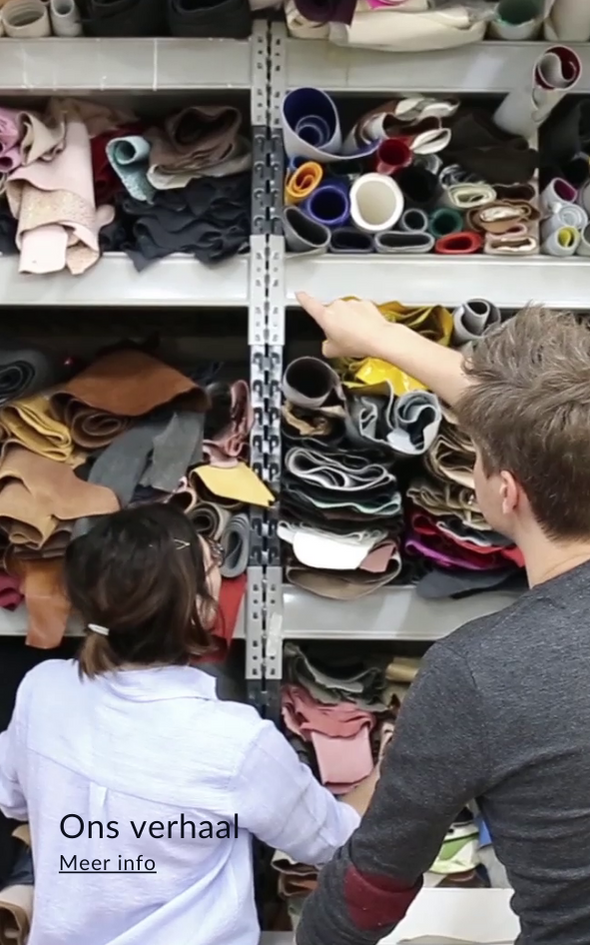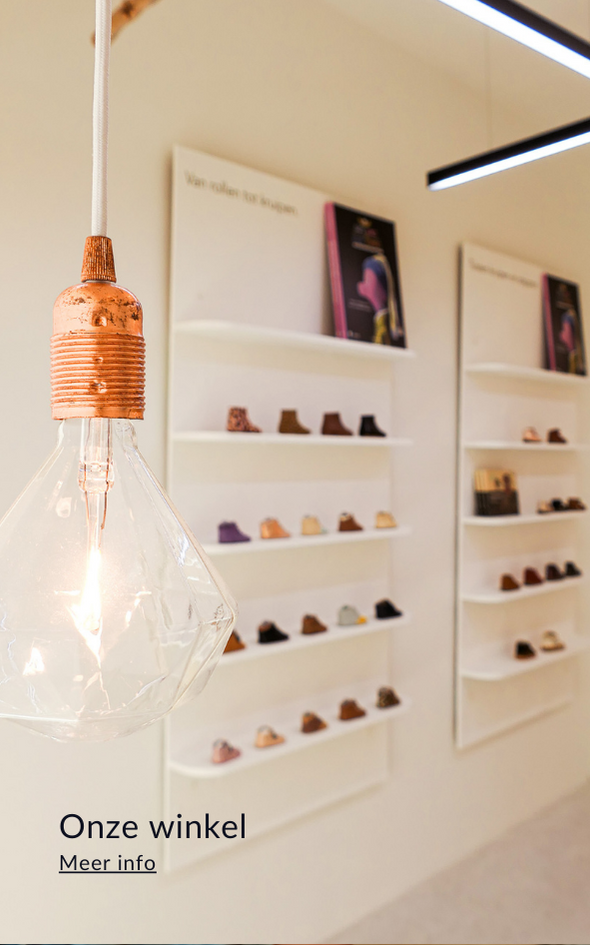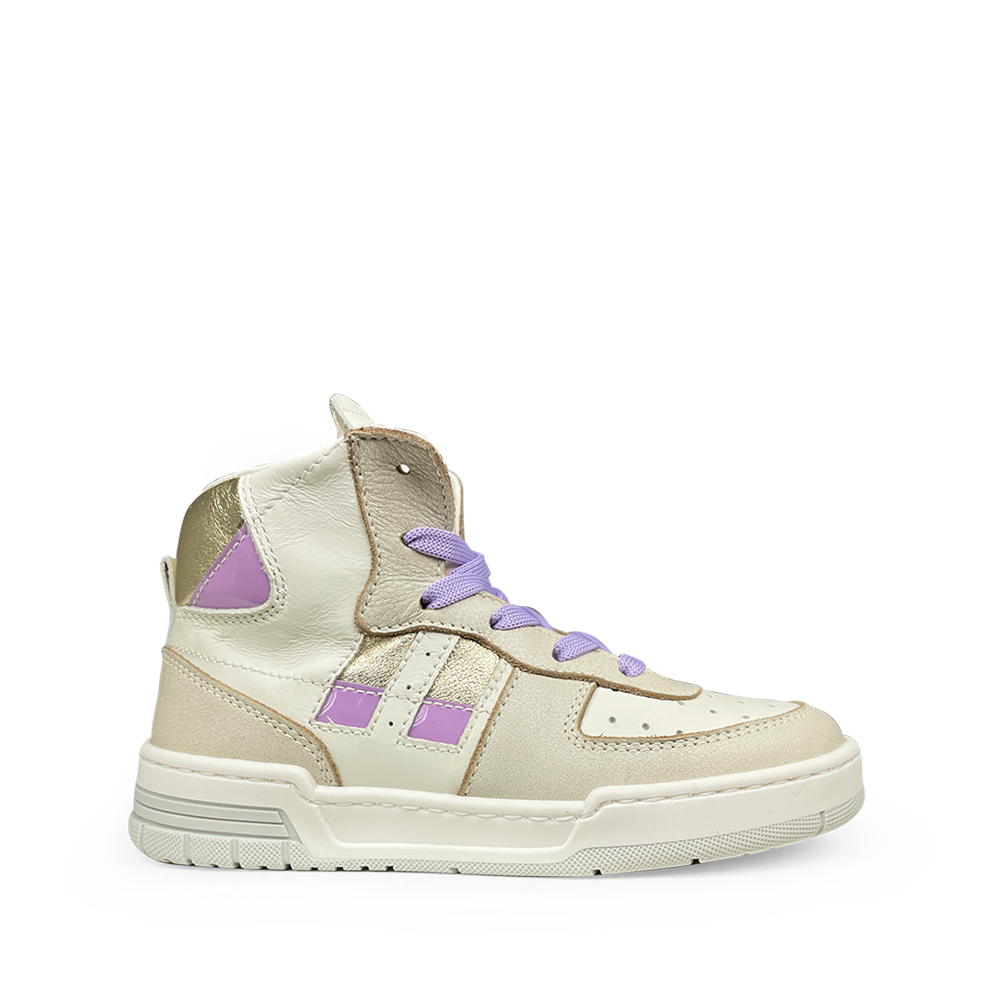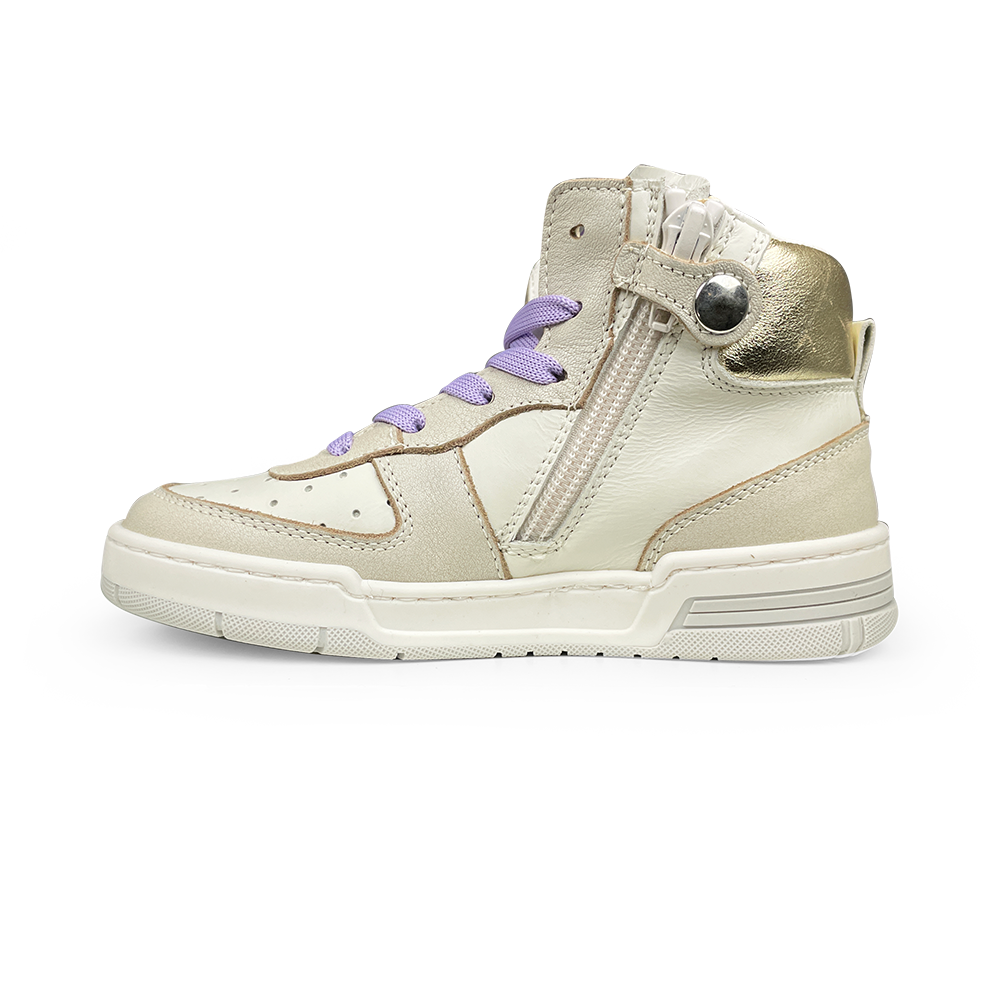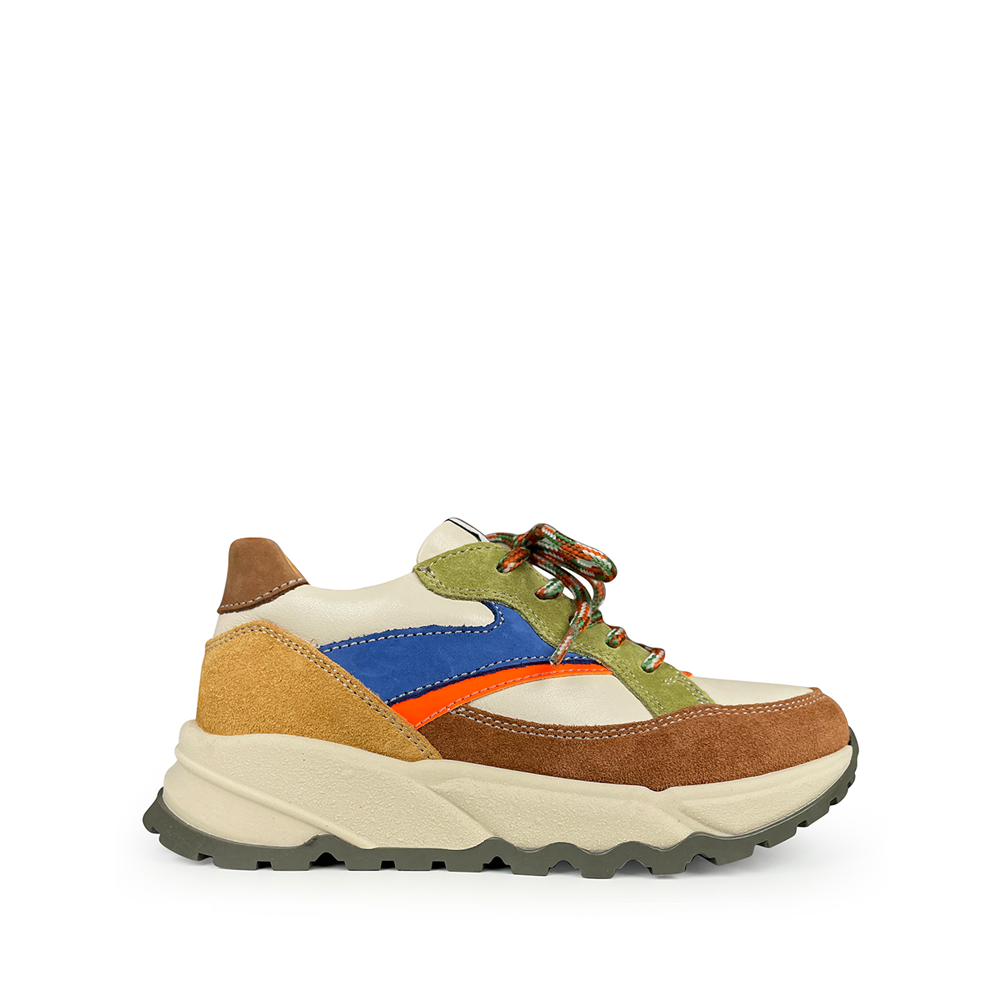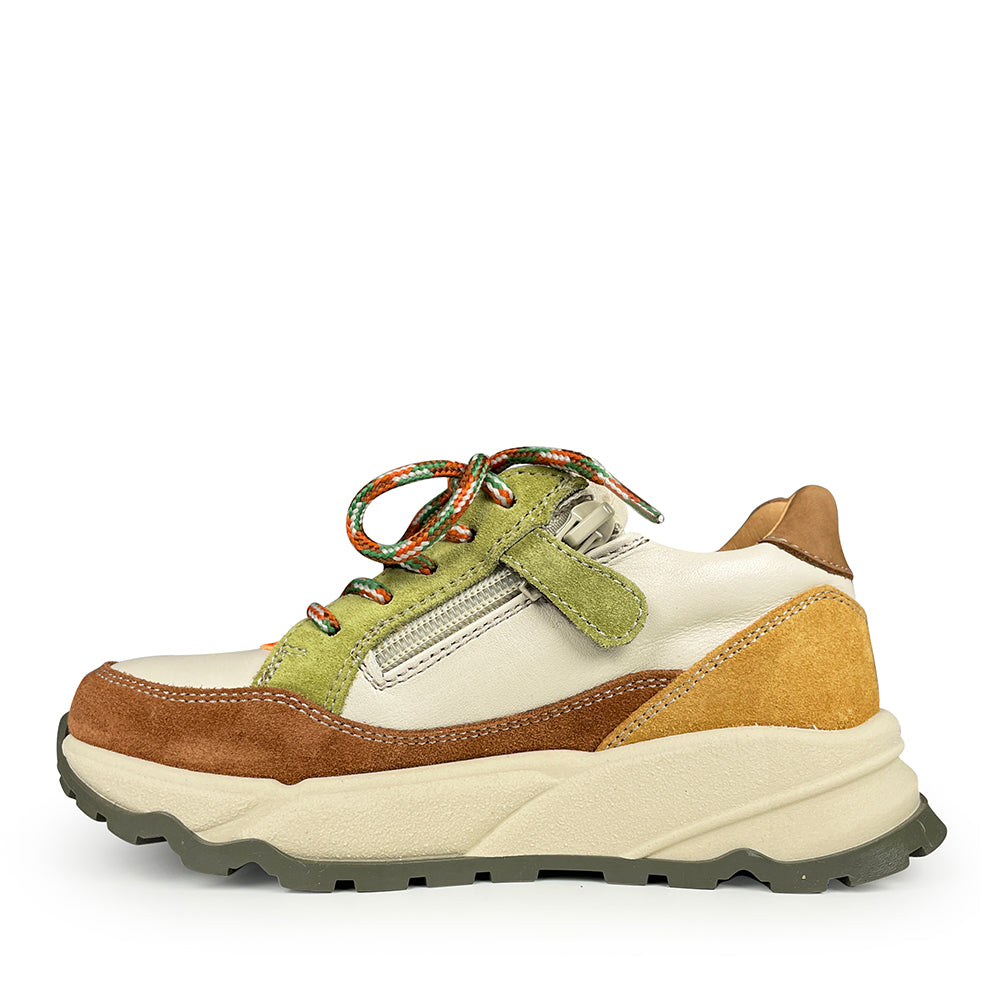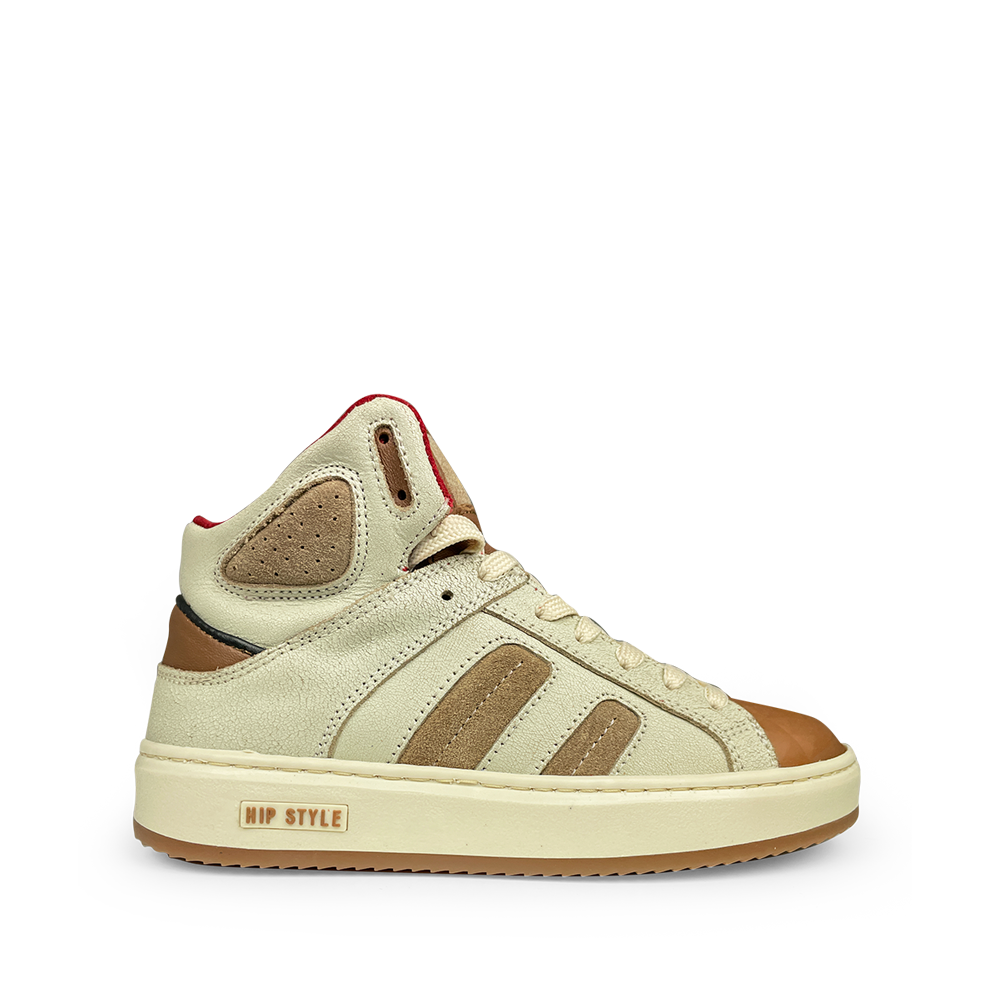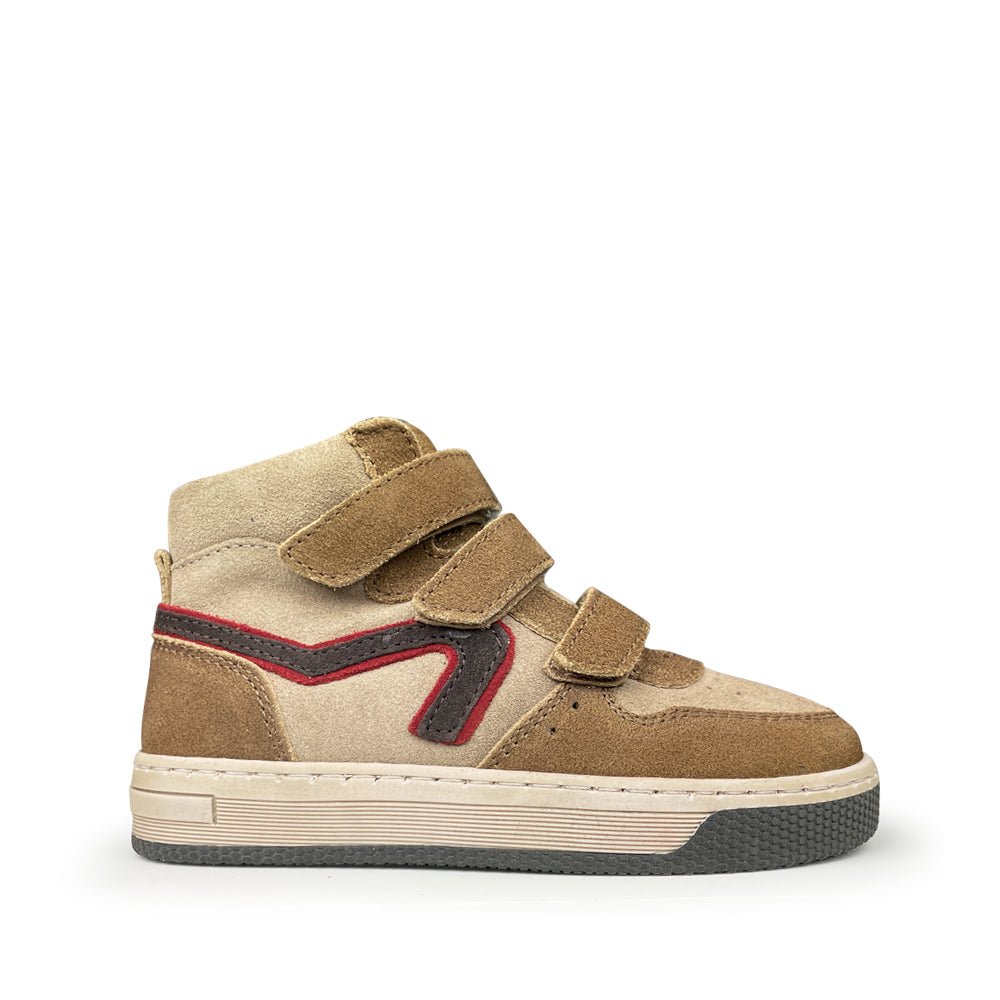Podcast with Anna Pops and their 1000 other projects.
We were very excited when Cis Scherpereel, marketing strategist at Mex United, asked us to participate in their podcast series 'The Future Itches'. They invite entrepreneurs to share their vision on growth and ambition in a rapidly changing world. It was quite exciting and became a very pleasant conversation with a look back and a look ahead about our dreams with Anna Pops.
Listen to the podcast here.
As a foretaste, here is part of the interview (this is taken from the Mex United website, where you can read the complete interview)
Cis : Welcome Tina Daem. I'm glad you can make some time. In this 'lockdown period' it might be a bit easier to leave your building in Aalst for a while. I can imagine that many people might address you as Anna. But just to give you a brief outline of who Tina is and who Anna Pops is.
Tina : I am Tina. Eight years ago I started Anna Pops. Something very small scale that did not exist in Aalst. It originated from a very classic story actually. I became a mother and could not find the shoes for the kids that I wanted and then we started it ourselves. Initially just at our home and today our shop is three times as big and we have a well-run webshop that is now very much needed by the way.
Cis : Is it true that the beautiful name Anna Pops was invented on a holiday?
Tina: That's right. Yes, that's often where the best ideas come from... At our holiday destination there was a British family whose daughter was called Anna. The way the mother addressed her daughter caught our attention. "Anna, my pops, my dear, come over here..." We were just thinking about whether we should take the plunge. Anna Pops stuck and we thought it sounded international too. And that's what it became. In retrospect, I still think it's a good name and yet it's strange that it came about by such a coincidence.
Cis: You started in a terraced house and not in a busy shopping street. A conscious choice?
Tina: We sacrificed my husband Filip's architectural firm to be able to start the store. So it was the easiest and cheapest solution. Indeed, at a b-location, because we are just outside the shopping area. Because of the less attractive location, we knew that we had to be present online immediately. We did that very quickly via Facebook and that really paid off. In those eight years, we have built up a great reputation and even a lead.
Cis: Did the webshop also start that early?
Tina: From the second collection. We started with the winter collection in August and we felt that the many questions via Facebook also required a lot of effort. We quickly looked for a better solution to serve those people. A webshop. We then started with Wix, but we soon noticed some limitations of Wix. So we started quickly but simply from the start. With eight years of experience I also feel and see that we have built up a lead in that area.
Tina: In the beginning we also did quite a few Facebook contests. Actually, that wasn't bad, looking back. We quickly reached ten thousand followers. That did encourage us to also fully develop that digital story because we quickly felt that there was a lot of potential in it.
Cis: Do you still do all that yourself today? What does your average day look like?
Tina: Yes, I still do a lot myself. I do spend a lot of time behind the computer, I realize. It has to be for me, everything should be more efficient and automated in the store. My day mainly consists of searching for how things can be improved? How things can be faster? Together with searching for nice things. That is also in between, so that variation is there. But I do the digital story completely myself. Except for the input of the articles, because that is fairly standardized. I also have a very good working student, Laura, who really helps me in the field of marketing. We learn from each other. She shares her school knowledge with me and I share my experience. She says to me that she learns a lot from those practical insights. And I find that very interesting actually.
Tina : So my day is mainly spent behind the computer. That may be partly due to Corona, but we have a very involved store, so we are very close to the customer. That is something that I have of course let the customer get used to. I would like to be able to detach myself from that a bit, but that is precisely a difficult point. I find it difficult. It is a bit of growing pains.
Cis: We call that an itchy future. That sounds a bit more positive. I also briefly browsed your LinkedIn profile in preparation. People often reveal a bit of their identity and motivations there. I quote from your profile: “Always eager for more, super eager to learn and forward-thinking. Doesn’t like to sit still and is open to new collaborations and challenges”…
Tina : It's still true. But it was also only recently adjusted. I realised that many people use Linkedin to make contact and network, so I felt the need to put myself on there too. Because you think a lot from your own little shop. As you grow, you notice how important it is to surround yourself with the right people. And that's something I don't find so easy. I do easily contact others via LinkedIn. I add them with the idea of saying something to them later or possibly working together. So the text is definitely still true. If I just come back to that for a moment. I always want more. That's also a bit of a problem, I think. Some things don't have good foundations yet and I'm actually on my way to something else again. We started with shoes and then we moved on to clothes. That's why we now had to buy the third building, because it became too much.
Cis: Do you see that as experiments or as random shots, to put it negatively?
Tina: No, as an innovation. Innovation for myself in particular. In that digital world, it is sometimes good to hold on to things a little longer. Especially because a lot of work goes into a webshop. It is better to repeat a bit more and get some return from that. But once I know something completely, I want something new. That is also why LinkedIn says that I am very eager to learn. That makes it interesting. Now with Corona, for example, everyone is negative about it, but I find that very interesting. "What should we do?" "How should we approach it?" It forces me into a new position. Where I may have been slacking a bit, or where I fell into a rut, we now have to close. That frees up time, because you don't always have to stand in that store. That allows you to think again about where our pain points are and what we can work on. That change fascinates me enormously. Learning new things,...
Cis: Am I right in considering the move to Anna Pops as an emotional event? I mean, it's about atmosphere, about emotion. It's about children's shoes. Making children happy, making mothers happy, making grandmothers happy.
Tina : No, I think it's more of a necessity. And a feeling that it could work because it's missing. I mean in Aalst. It was there, but not the type of shoes we were looking for. We had to go to Ghent soon. We did see a problem with that. Having to go to Ghent with a small child is not very practical. We thought that there were certainly other people who had that problem. I'm not really that emotional. Do you feel that way?
Cis: The children's shoes, the way you approach it and how you set up the shop in the beginning. I still remember an exposé by you and Filip in the context of a Unizo tour, in which you told that story of the first days. I actually still tell it very often. Also accompanied by the film that you made of the trip to Italy, the workshops that you visit and have the shoes made there. In my opinion, there is a lot of passion and drive in it. I actually saw that rational side somewhat less.
Tina : Yes, I think it also comes because it suddenly becomes something of your own. I have always worked for someone. Now it is something that you decide to start yourself. And you really put yourself and your feelings into it. And how we want to be approached, we had to go to a store ourselves. That is actually where it started and there is a lot of creativity in it. There is a lot of beauty in it. My past in interior architecture, photography,… We want to weave that beauty into our story somewhere, selling the children's shoes. It was also because there were children that they became children's shoes. But it was also brought with emotion. That is true.
Cis: It is authentic, as authenticity should be, I think. What we sometimes advise entrepreneurs in a strategic trajectory is that they should look for that authenticity. But that is not a good point in itself. If you have to look for authenticity. If it has to be registered, it has already lost a lot of its value. You also personalize shoes. Can you tell us more about that?
Tina : We mainly work with Italian and Spanish brands because they can make shoes the best. Those leather children's shoes, those lasts,.. That's not all that simple, so we really leave that completely up to them. But we can personalize very strongly. So change colors, change soles, change laces. We can really make a shoe completely to our wishes. We could take that so far that the customer can do that. But then it becomes a lot more complicated because the makers also have to be able to offer a certain number.
Of course we do bring a unique story with those unique shoes and those unique color combinations. In the past we could push that a bit further because it was allowed to be more outspoken. Nowadays it has to be a bit more sober because of fashion, which means we can put less experimental in it. But I can express myself there, in combination with the clothing. We are very often approached about our shoes, or questions about where people can find the shoes. You can't find them anywhere else. That also makes it special for the customer of course.
Cis: Has it been the case from the very beginning of Anna Pops that you have been personalizing shoes?
Tina: Yes, because that was also the approach that we don't do it with shoes that you can find everywhere. That was really an approach. We really want to bring something unique.
Cis: You really are a 'busy bee'. I can name a list of things you have started, or that are currently ongoing. 'If it were up to me', just outline that.
Tina : Funny you should bring it up because I'm working on it again. In 2016 I launched the first edition of 'Als het aan mij ligt'. Also because we are in a B-location, because we noticed that we got more customers from further away through the website. We saw people who came from Kortrijk to Aalst for a pair of shoes. Hats off, but I also thought it was a shame that they only came to Aalst for that. Maybe let those people who come from far away discover a bit more of Aalst, I thought. A cool coffee bar, a men's shop, a women's shop,... Let them make a day of it, let it be something more than just Anna Pops. People also asked themselves where they could eat or drink something. That's where the idea grew from. I wanted to have a city map and I wanted to be able to give that to people. That's the 'als het aan mij ligt' plan.
I have a complete list that I can go through. That is also a bit of a sore point for me. I have a lot of ideas. But the execution is not always easy. There always has to be someone who pulls me along a bit. First this, then that, then composing emails, then approaching people,… There is much more than just coming up with the idea. Then of course there are the next steps. And sometimes I catch myself thinking too much.
Cis : You're a perfectionist?
Tina: A lot of people have told me that. You don't realize it yourself, but apparently it must be like that somewhere.
Cis : Yes, but well, that is a nice quality. Then there is no half work I think. There are a number of other things: Repops started last year. Sustainable entrepreneurship. What is that
Tina: We are definitely in favor of sustainable entrepreneurship. We also sell slightly more expensive, so also sustainable clothing brands. We notice of course that children grow. Sometimes a little too quickly to the item you bought. And because the item is of course still sustainable, it can perfectly get a second life. What we notice is that we are also a store that is not for everyone's wallet. I appreciate that and I don't mind that, but I also notice that a lot of people like the style and that they actually want to buy it. A second line where the clothes are a little cheaper. The customers who can afford it buy it and I also 'unburden' them in some way. The clothes have become too small, or if you are a bit of a fashionista you also want a bit of innovation. They can buy those new things, but they can give their old stuff back to me. They get a second life in the store and that gives me a new flow of customers. Ultimately, that is also a cool combination of old and new, and it is sustainable. We thought that was a very good idea.
We are happy with it. It works, because people are already bringing it in spontaneously. Of course, there are a number of rules for bringing it in. I am not a second-hand shop. I sometimes have to make that clear. There is also a lot of administration involved. And keeping track of what belongs to whom. And so I can't. People who buy me a piece or two pieces; that's difficult to manage. So you really have to be an Anna Pops buyer to also bring your stuff. We also only do it during the sales period because we are a bit anti-big-discount. Giving really big discounts is not profitable. I want to give discounts when it is necessary, but not just give discounts because you feel that you won't get rid of your stuff. I do think very hard about that. So we want to phase out those sales a little bit. Repops can be a kind of counter-movement to that, because we also have nice stuff that is a bit cheaper. That brings turnover, but not enough yet. It is not yet a profitable model. We do want to make it profitable, but for that we also have to look at it strategically. Shouldn't we also digitize that? To get it a bit more brand awareness. It really has to become a profitable story in the future.
Cis: You refer to discounts. You also made a clear statement last year or two years ago in the context of Black Friday. But you clearly do not follow in the wake of the 70% discounts.
Tina : I feel like that kind of misses the mark. It's just to get people to buy. Do they need it? Are they aware of it? Ultimately, that was also created to get rid of old stock. So that used to have a meaning, but now it's just become a way to give discounts. That's where it goes a bit wrong. It's my dog's birthday. Let's give a discount. I don't know. That's not the way to keep customers happy or to be able to provide customer service. I'd like to go back to the time when everything was sold normally and where sales were just sales.
Cis: I have a few more terms I want to throw out there to see what your reaction is. Local.
Tina: Yes, that is very important. because our money has to stay in Belgium. Local is Belgium for me. Because of course we also have a webshop. Of course I also like to ship outside. But I do notice that when we google for our industry, and also for other industries, you mainly get Dutch websites. They are just shoved down our throats. You really have to start looking for Belgian sites. And if it is a .Be, then it might even be a Dutch person. We have to be aware that there is a problem with us. I certainly do not blame the Dutch for that because I think they are much stronger in that. They just do it anyway, I would like to follow training courses there. We are not proud enough of ourselves. We are not enough concerned with the fact that we are also good. I think that we also think too much about "will that pay off?"
Digitizing costs a lot of money and it does not yield immediate returns. So the Return on Investment is really a long-term vision. I think we have the advantage that we started eight years ago. With the current closure, it does yield returns. I also lose turnover, because I really need my store. Yet I notice that digitizing is just part of it. To say that you are still here. Local shopping is already very strong due to Corona. Let us also see that as a positive story of Corona. I am in favor because only in this way can we invest in many other things such as people.
“The Netherlands is better than Belgium in terms of digitalization. They are moving forward, they do, they dare. We think too much.”
Cis: And that ties in almost seamlessly with the next term: co-creation or collaboration.
Tina : I do like working together, but I am in the wrong sector for that. Retail is quite competitive and quite independent. And I believe that cross-pollination yields much more than that one customer who only once placed an order with someone else and not with you. I think both digitalization and cross-pollination are the future now. I am very much in favor of it. I am still looking too much in other sectors, such as working with someone from lingerie. She does lingerie, I do children's shoes and children's clothing. It is not in each other's way, but I do feel that it is still difficult. The big players such as Torfs and JBC actually do that much more. They buy together to get better conditions. But the small ones just keep looking at each other and copying each other. And yes, whoever does free shipping will do it? I think we should not be so narrow-minded and that we really should work together much more. That way we can also end up at the top of Google.
Cis: You refer to the Netherlands. Have you already found inspiration for a project there?
Tina : I get a lot of inspiration from brands Dutch brands that we distribute ourselves. Repos AMS is a great example of that. How much they have grown in such a short time. My jaw drops. How do they do that? I also think that they can gather people around them much more easily in the Netherlands. That it is more affordable. I don't really know. And that really goes from the brand to their own store. That they also start with sustainable entrepreneurship, with the second-hand story. They also do it well. They really work it out completely to the end and I am very surprised by that. What am I not surprised by? The only important thing is the price in the Netherlands. I also notice that at the outlet. I mainly sell that to the Netherlands. Yes, that is good and not good, the Netherlands sometimes lacks that taste, the more expensive things are often better. They can't do that there. But they are moving forward, they do it, they dare. We first think 500 times and then we drop after such a thing. If you think and discuss so much, you will not do it or it will fail. I look up to the Netherlands enormously, I should perhaps go and live there for a while to see how they do it there.
Cis: Yes, maybe immerse yourself. Yes, I also talked about the Netherlands and Belgium in a previous podcast. The Belgians actually plough their piece of land and look down to guard it. While the Dutch are traveling salesmen. They try to stand as high as possible to be able to look as far as possible. I think that metaphor is correct. We have almost reached the end of the conversation. Then we always ask our conversation partner a question. That is actually that look into the future: where does the future itch the most for you?
Tina: For me, that means being able to tear myself away from the operational aspects of the store, so that I am less and less physically present. I also want to work out and really shape the projects that are all in my head. Where that often remains a bit too superficial at the moment, but not implementing it consistently. I want to implement that more. That is the biggest challenge for me that I really want to realize. I think that is the ideal period now because we get those 'breaks' because of Corona. Of course, you always want to increase turnover, but now there is a small excuse that says that turnover is not only up to you. There are other factors, such as Corona, so I am letting it go for a while and trying to use the time and do those things that you always found a bit annoying. It is also frustrating to think of things and not implement them. That is where the future itches.
Cis: That sounds like some kind of 'vacancy statement'.
Tina: We'll put it on LinkedIn!
Cis: Anyone who picks this up and wants to get started in Aalst, together with Tina to further develop Anna Pops and inspire each other, can contact you.
Tina : You're welcome.
Cis: Thank you very much for the conversation!
Tina: You’re welcome! Thanks for the invite.




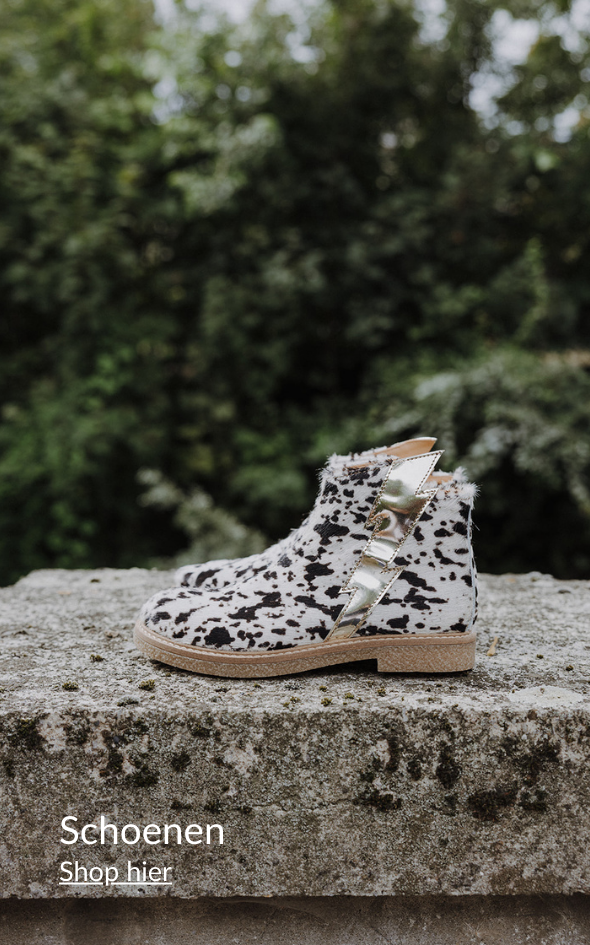
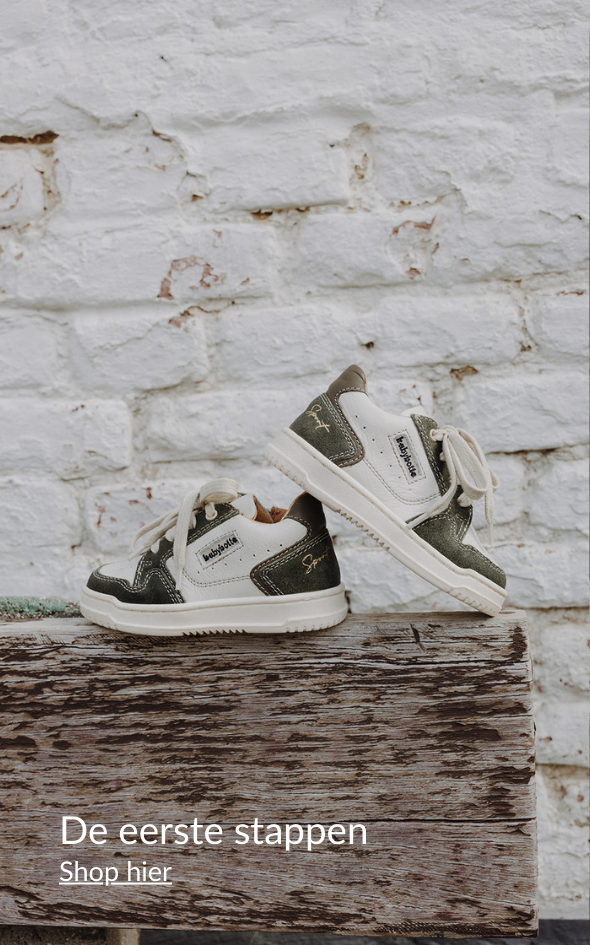
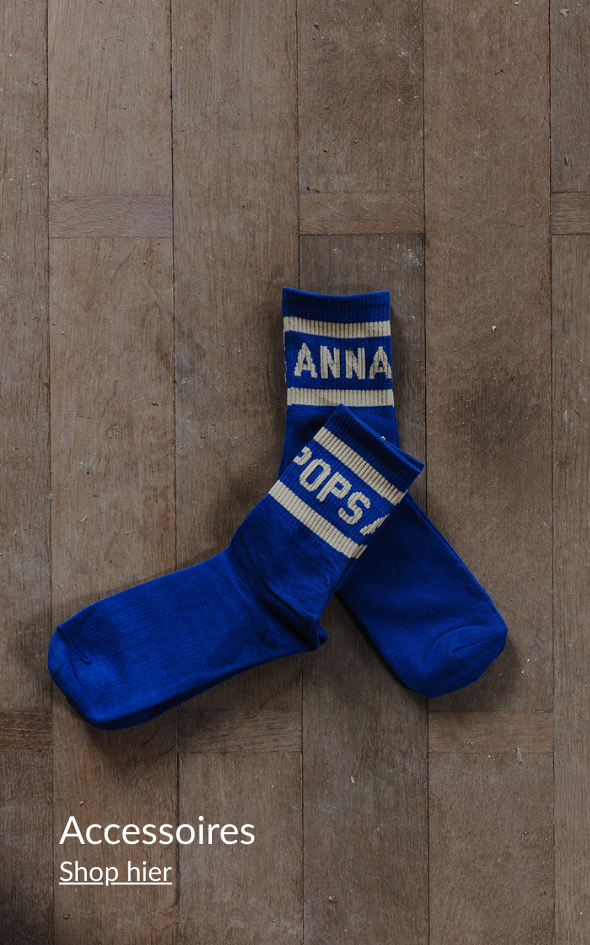
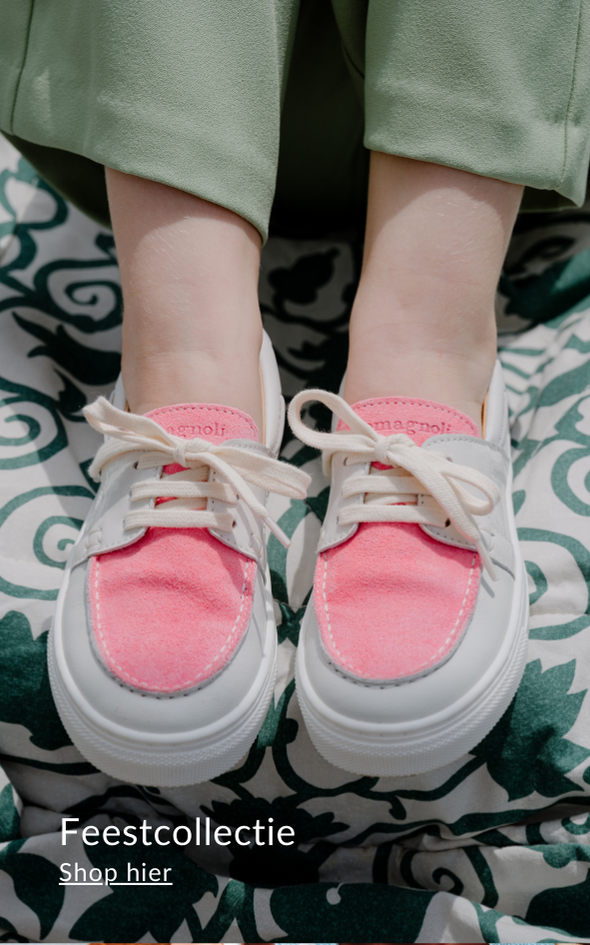
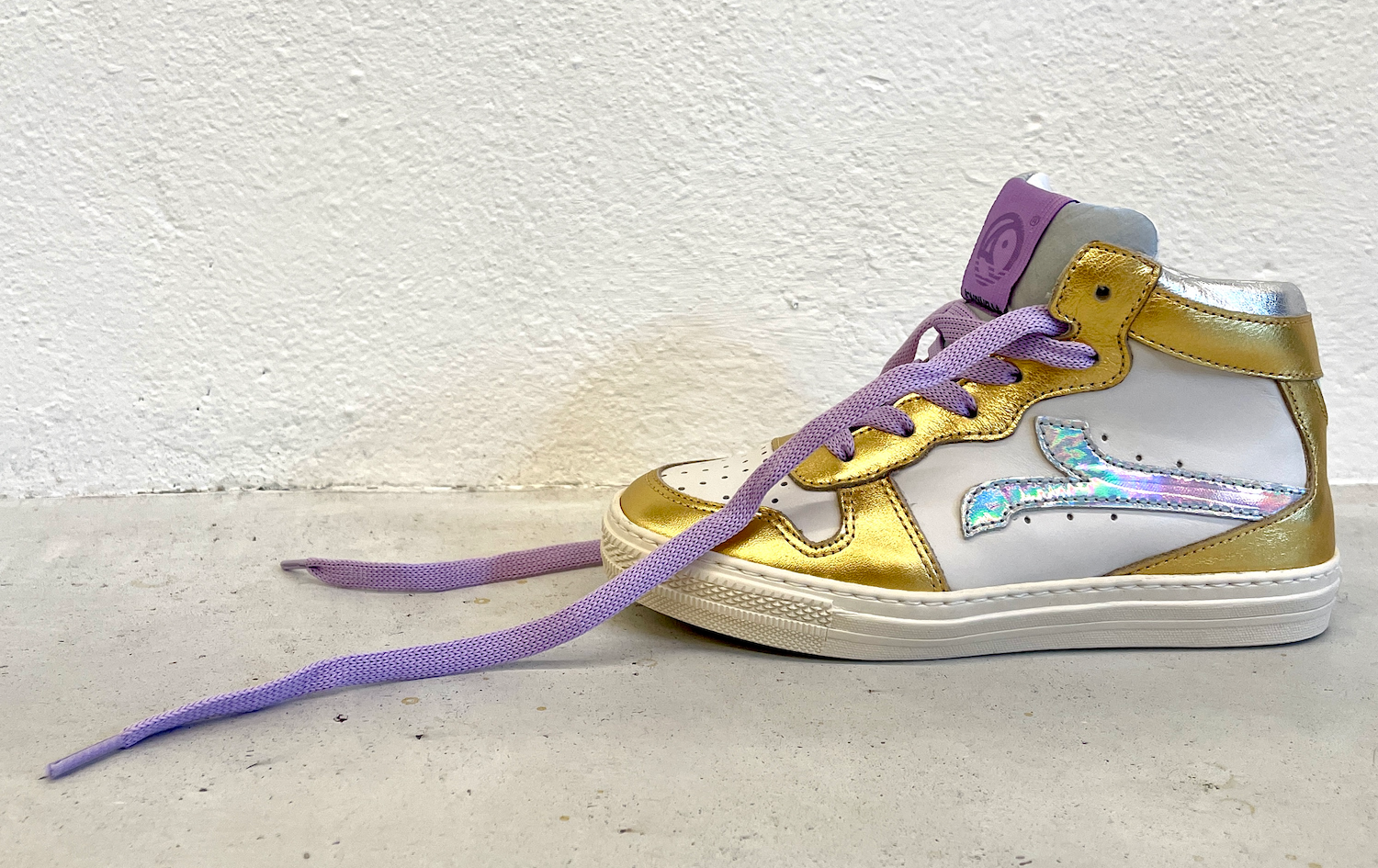
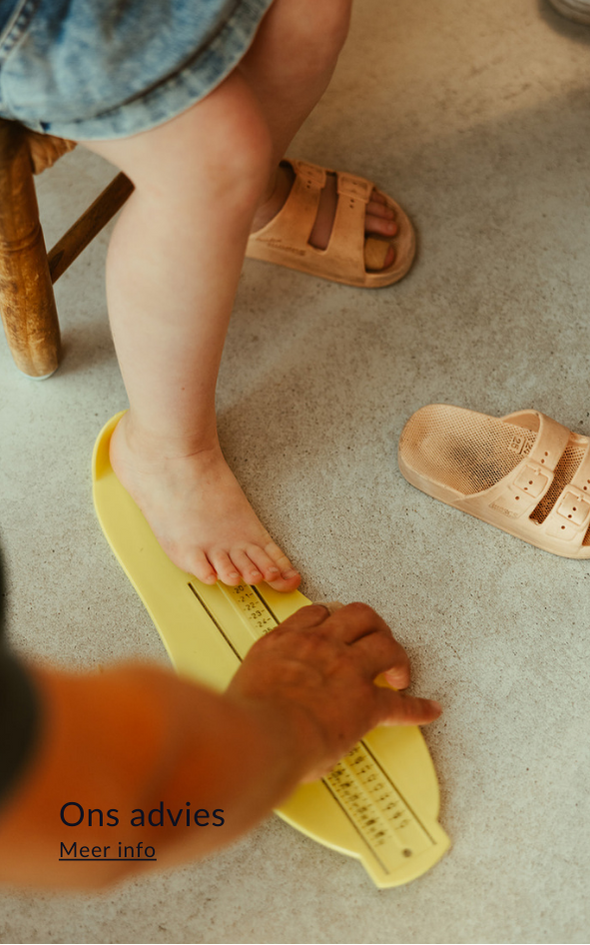
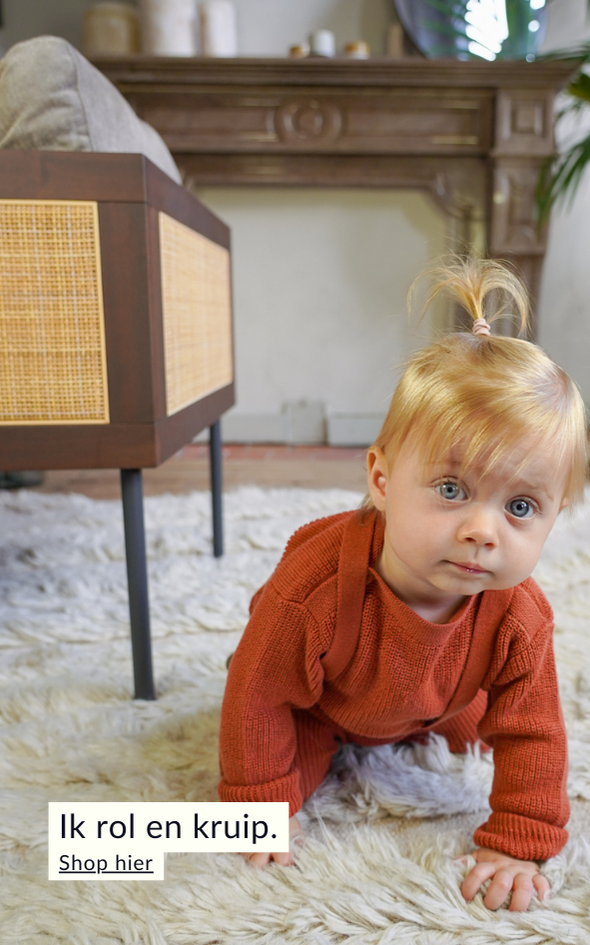
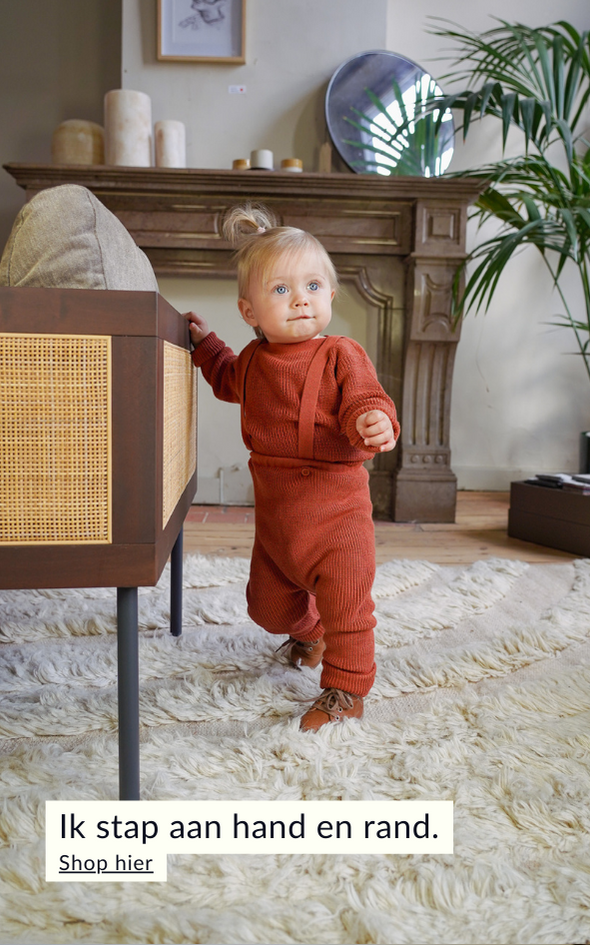
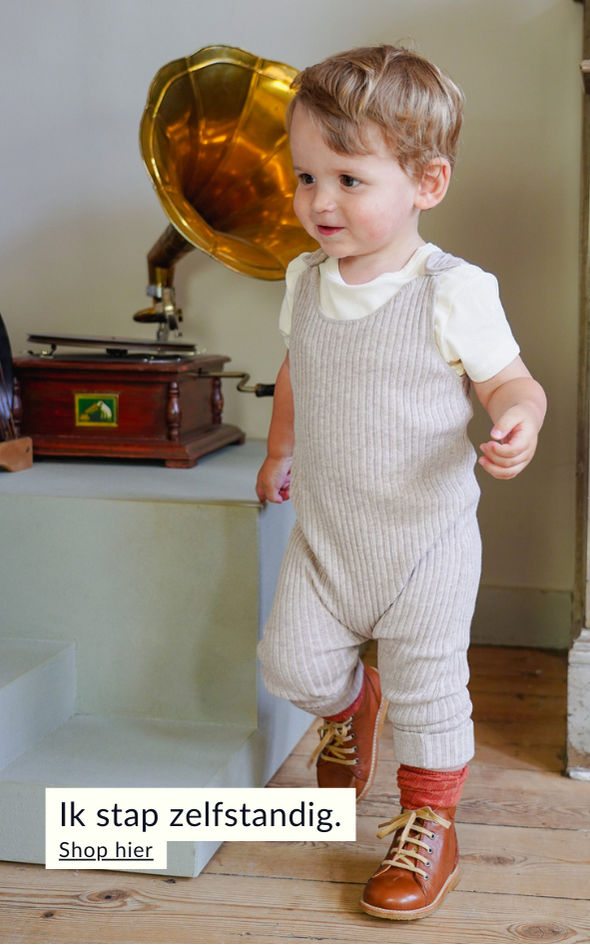
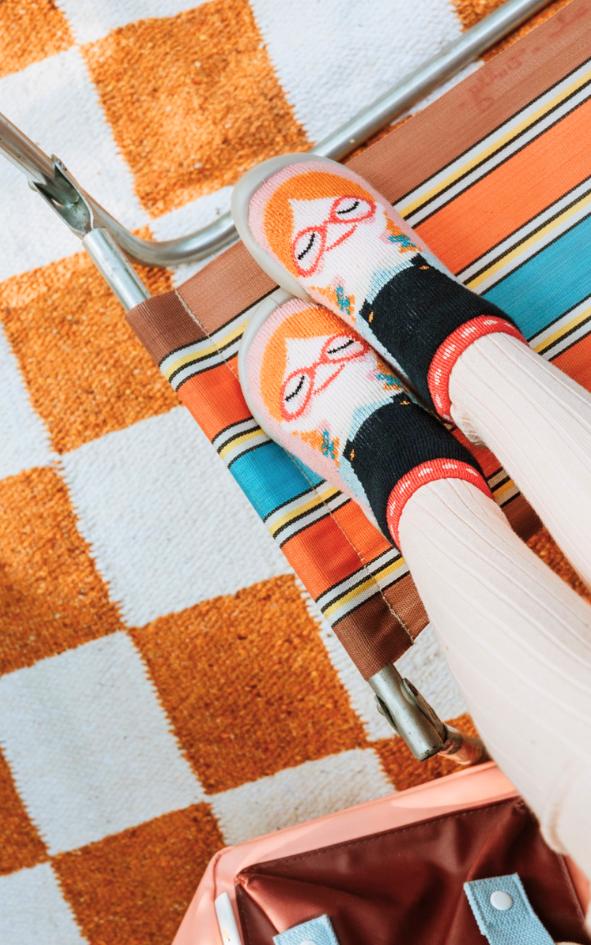
 Preferably by appointment?
Preferably by appointment?
